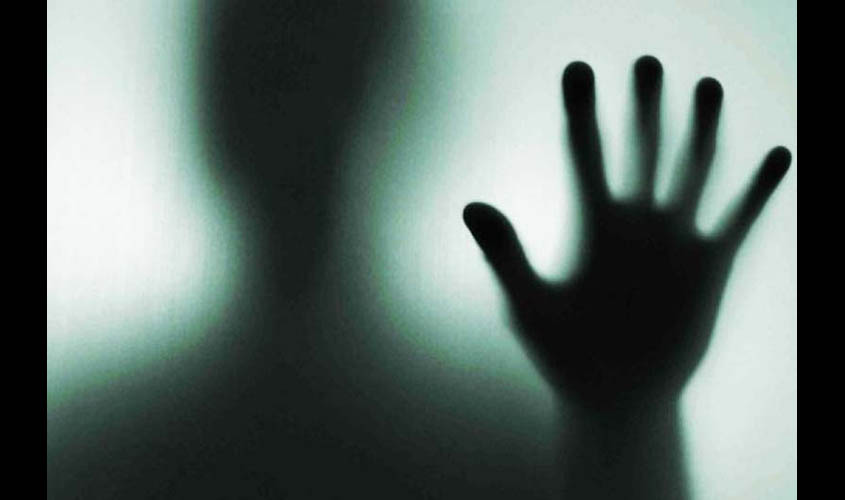As the days roll on, varied news on the killer coronavirus that has the world on edge continues to roll in. For instance, UK’s “DailyMail” reported a study by Chinese scientists which claims that two strains of the deadly virus are spreading around the world and 70% of infected patients have caught the more aggressive and contagious type. The report goes on to say that at least 94,000 people have been infected around the world and almost 3,200 have died, while 50,000 have recovered. Now, an older, milder strain seems to be becoming more common.
The study claimed further that the more aggressive strain has become less common as the outbreak has gone on, with it apparently struggling to spread since early January, while the milder form has become more common. World renowned virologist Dr W Ian Lipkin believes that “a large proportion of the world population will be infected with the coronavirus much like the seasonal flu that affects 250,000 600,000 people each year.” According to Dr. Lipkin, while a vaccine for the virus is about a year away, “we may have to live with it as we do with other diseases such as measles.”
Amidst all the world wide anxiety and uncertainty, at least three things are certain. One, more updates are bound to follow. Two, even with more research and updates, anxious uncertainty is bound to linger. And three, those who died due to the virus met with untimely deaths regardless of their age. Right now, it is a combination of all these factors plus another startling revelation that has sparked a number of conspiracy theories which is inducing many people to ask whether such untimely deaths can be averted. The startling revelation is contained in a “creepy prediction”.
According to “Stars Insider”, “The creepiest prediction has just been brought to light by the internet, stemming from a 1981 novel by horror writer Dean Koontz. Dean Koontz’s 1981 novel The Eyes of Darkness refers to the deadly virus as the “perfect weapon” in biological warfare, named “Wuhan-400” because it was developed at a lab near the city of Wuhan—where the very real coronavirus originated.”
Curiously, from a paranormal perspective, it is known because of documented instances that while some untimely deaths can be predicted and may be called pre-ordained, not all untimely deaths can be predicted. Whether they can be predicted or not does in fact offer a clue to the key question being asked currently by many anxious people: can untimely deaths be averted? “Why get into all this? Mortal existence has an inevitable ending–death. Period. End of stupid queries”, a rationalist friend who prides himself on being an atheist as well interjected when I told him about the growing number of queries that were coming in. Life does has an inevitable ending—death. However, death is generally regarded as natural in old age or chronic disability of some kind and unnatural when a person is in a healthy state mentally and physically. Obviously, there is a distinction between a “timely” death and an “untimely death” and it is in the case of “untimely” deaths such as those caused by the killer virus that the question of delaying or averting death becomes a particularly relevant question for certain people.
As I’ve written earlier, the Chinese have their own beliefs in life and death, the Africans have their own systems, the Zoroastrians have their own system, and so do other faiths and communities. In the Brighu Samhita, that remarkable ancient Indian text written by the sage Bhrigu which throws light on the past, current and future lives of each individual, the time, place and manner of death are clearly mentioned. The equally remarkable palm leaf manuscripts and the Nadi system from Southern India also reveal the time and place of death and whether it will be a natural or an unnatural death. Time and again, astrologers too and those with siddhis or special powers have been able to predict the time and manner of death, even if it is akaal mrityua or an untimely death.
In many parts of India, one of the most widely practised measures to “save a person” or make a person better—essentially to delay or avert untimely death—is to recite the Maha Mrityunjaya Mantra in the prescribed manner. Several people believe that being present even once during the fascinating “bhasma aarti” at the first Shiva abhishek of the day at the famous Mahakaleshwar temple at Ujjain in the Indian state of Madhya Pradesh prevents akaal mriytu. There are reasons for this belief, but too complex and long to narrate here. However, it is worth mentioning that the belief is connected to an earlier practice when a part of the bhasma or ashes of the last person cremated the day before were brought from the cremation ground and applied to the Shivalinga—Lord Shiva is also closely linked to time and death, remember. If no cremation had taken place in Ujjain on a particular day, a dead person’s ashes were sourced from some other place close to Ujjain. Elsewhere in India, there are quite a few other beliefs to avert untimely death.
“The height of stupidity and ignorance”, my rationalist friend interjected again, more caustically than before. “Do you really think beliefs, especially paranormal ones are the answer to coronavirus deaths? Then shut down hospitals, burn all medicines, ban doctors and researchers.” Beliefs may not be the answer to coronavirus or any ailment for that matter, and they may or may not avert or delay death, but they do offer hope, an important emotional balm, never mind if its short lived, to people who are desperate after everything has failed, and that includes both the dying and those around them.
Don’t forget, every time a loved one falls sick or meets with an accident

